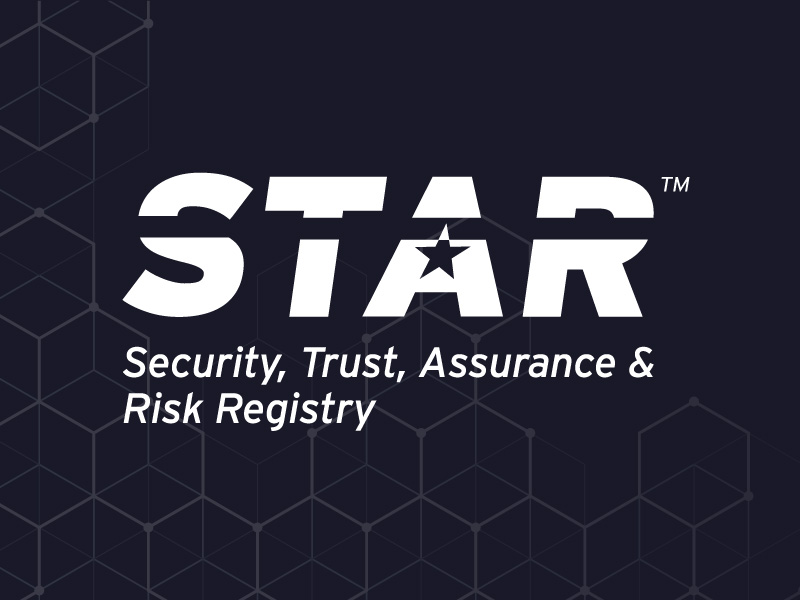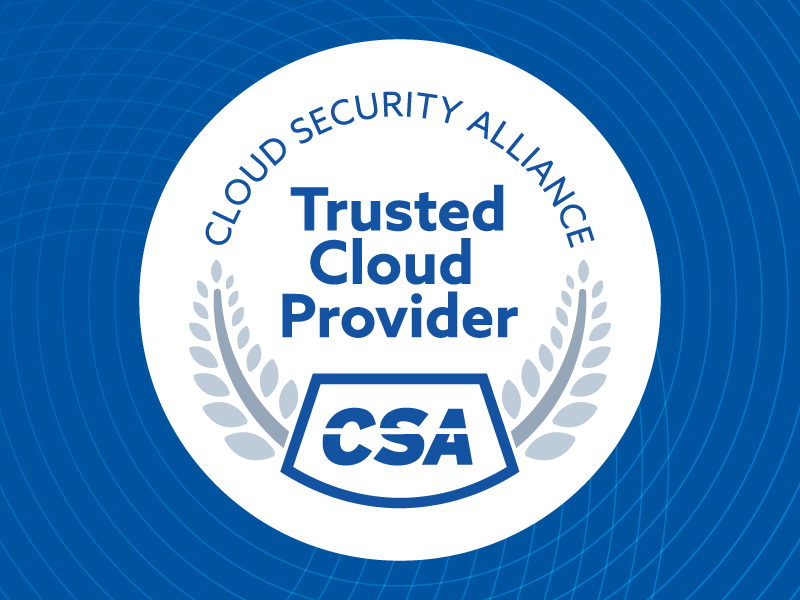How Do I Choose a SOC Auditor?
Published 03/06/2024
Originally published by MJD.
Written by JC London, Senior Manager, CISA, CISSP, MJD.
Q: How do I choose a SOC auditor?
A: MJD Answer:
Choosing the right auditor and audit team may seem like an uncomplicated process at first. You’ve done your research, asked ChatGPT for its opinion, and you feel like you understand what a SOC 2 report is on the surface; you might have even chatted with some experts on LinkedIn or read a compliance-related blog post.
SOC 2 attestation itself isn’t a complex value proposition: You have a service and want to be able to tell clients in a meaningful way that you are taking proactive steps in the realms of security, availability, confidentiality, processing integrity, or privacy. However, the standards that CPA firms operate within provide a great deal of flexibility, and SOC 2 is a very new service within the profession, which leads to a wide diversity of approaches that may or may not fit with your objectives.
The absolute first thing you must consider is what are the expectations of your customers. Are you working with anyone that has a list of preferred auditors? Or do you operate in an industry that will be looking for a name-brand CPA firm? We don’t see that a great deal because those companies would already know that expectation when they get started, but it may be worth having that dialogue to feel more comfortable in the decision. And if you don’t have those constraints - it’s really as simple as finding someone you trust.
Your report depends on auditors to form and shape it, so you should choose auditors you enjoy working with. You have an admittedly limited time to make that subjective call, possibly only one short interview, so you need to listen to your intuition on who you feel most comfortable partnering with on an ongoing basis. Just as it is important to have a good working relationship with your coworkers, your auditor will be someone you need to trust and work closely with, so personality can and should be a factor.
Each auditor may bring an entirely different approach to timing, interaction with your team, and general collaboration style. Have a baseline for what you’d like to see from their approach, and ask probing questions. Does the auditor insist on certain controls? Do they set dates aside for fieldwork, or do they take a more agile approach? How do they use technology, and what is their experience working with yours? There are pros and cons to each of these styles that may or may not fit what you are looking for. Ask a lot of questions so that you feel comfortable with the firm you choose to work with because whoever you choose is going to have intimate access to your business, and their work product will ultimately be presented to your clients.
And remember - selecting an auditor is important… but to get internal value out of the process, it’s really more about how you own the process internally. Find a great partner, but understand they’re not going to do all the work, so make sure your internal team is on board.
A: ChatGPT Answer:
Choosing a SOC (System and Organization Controls) auditor is an important decision for any organization. SOC audits provide assurance to clients and stakeholders that your organization has effective controls in place to protect their data and meet relevant compliance requirements. Here are some steps to help you choose the right SOC auditor:
Identify your audit needs: Determine the scope and objectives of your SOC audit. Assess the specific areas or controls you want to be audited and the applicable SOC report type (SOC 1, SOC 2, or SOC 3). This will help you find auditors with expertise in your industry and the right type of SOC report.
Research auditors: Look for reputable audit firms or individual auditors with experience in performing SOC audits. Consider factors such as their expertise, industry knowledge, reputation, and track record. Seek recommendations from peers, industry associations, or professional networks.
Verify qualifications: Ensure that the auditors you consider have the necessary qualifications and certifications. Certified Public Accountants (CPAs) are commonly involved in SOC audits, and Certified Information Systems Auditors (CISAs) may also be relevant depending on your specific requirements.
Assess experience and expertise: Evaluate the auditors' experience with similar organizations in your industry or with similar compliance requirements. Consider their knowledge of relevant frameworks, regulations, and industry-specific standards.
Review their audit approach: Discuss the auditors' methodology, approach, and timeline for conducting the SOC audit. Understand how they plan to assess your controls, collect evidence, and provide recommendations. Ensure their audit approach aligns with your expectations and requirements.
Evaluate independence and objectivity: Confirm that the auditor maintains independence and objectivity throughout the audit process. They should have no conflicts of interest that could compromise the integrity of the audit.
Consider the cost: Request fee proposals from the auditors you are considering. Compare their pricing structure, cost estimates, and the value they provide. However, keep in mind that the lowest cost option may not always be the best choice. Focus on the overall value and expertise of the auditor.
Check references and reviews: Ask for references from the auditors and contact their previous clients to gather feedback about their performance. Additionally, search for online reviews or ratings to gain insights into their reputation.
Conduct interviews or meetings: Shortlist a few auditors and schedule interviews or meetings with them. This will help you assess their communication skills, responsiveness, and how well you can establish a working relationship.
Make a decision: After considering all the factors mentioned above, select the SOC auditor that best meets your organization's needs, has the required expertise, and aligns with your budget. Inform the chosen auditor about your decision and discuss the next steps.
Remember that selecting the right SOC auditor is crucial for the success of your audit process. Take your time, conduct thorough evaluations, and choose an auditor who can provide the expertise, credibility, and support your organization requires.
Unlock Cloud Security Insights
Subscribe to our newsletter for the latest expert trends and updates
Related Articles:
Core Collapse
Published: 02/26/2026
Agentic AI and the New Reality of Financial Security
Published: 02/26/2026
AI Security: When Authorization Outlives Intent
Published: 02/25/2026
The Visibility Gap in Autonomous AI Agents
Published: 02/24/2026





.png)
.jpeg)


